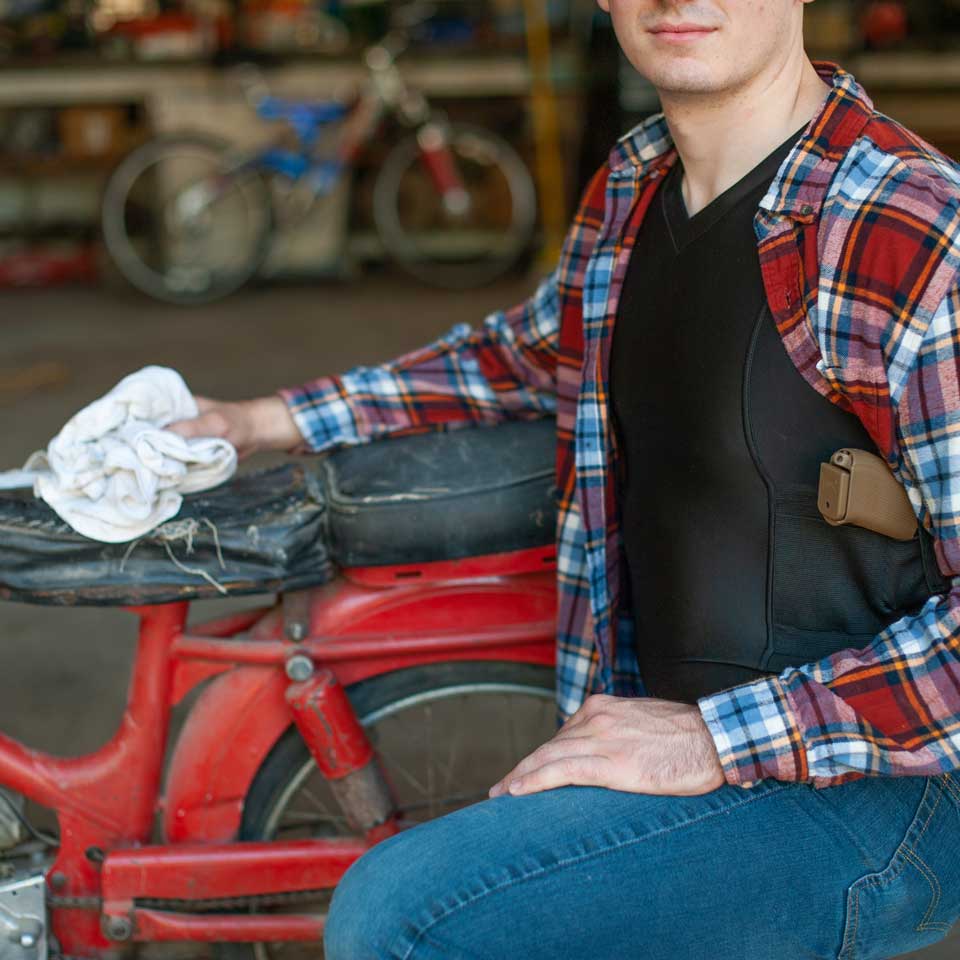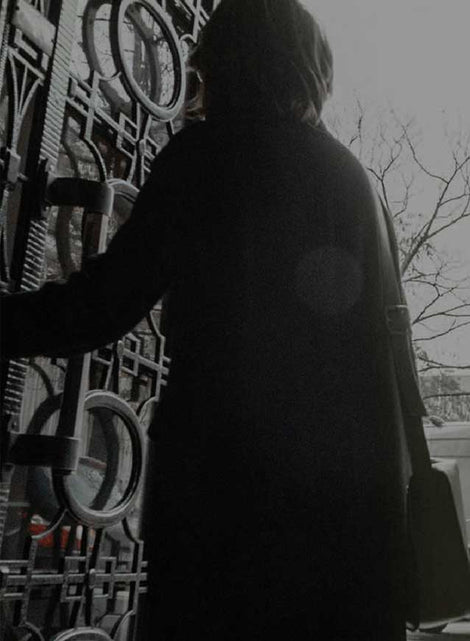THINGS YOU SHOULD KNOW ABOUT CONCEALED CARRY
The Second Amendment gives anyone the liberty to own a self-defense weapon and owning a licensed firearm can help you keep others safe in a potentially dangerous situation. Although everyone is entitled to their Second Amendment right, this is not something that should be taken lightly.
Before getting a concealed carry, make sure you:
- Get fully trained before owning one
- Invest in a lot of practice time —Practice makes perfect. You do not want a weapon you do not know how to use. So ensure you visit the gun range as often as possible.
A gun is meant to protect you, but if it’s handled incorrectly it can put you (and those around you) in danger. For this reason, it’s important to observe the best safety practices. This includes ensuring retention and accessibility.
Below, we go over six things you should know about concealed carry so you can conceal with confidence.
6 THINGS YOU SHOULD KNOW ABOUT CONCEALED CARRY
Here are the things you should know about concealed carry:
1. ALWAYS BE ON THE LOOKOUT
Never allow your gun to give you a false sense of security and try to develop situational awareness. Consistent training classes can help you hone in your skill while keeping you in a learning mindset.
2. DON’T SKIMP ON THE QUALITY OF YOUR HOLSTER AND BELT
Walking with a concealed weapon can be uncomfortable and potentially threatening if your firearm isn’t secured properly. Having proper holsters in place is vital. Make sure you invest in a good holster and high-quality equipment.
*If you’re looking for high-quality concealment clothes, you can shop our holsters here *
3. LEARN HOW TO STRATEGICALLY PLACE YOUR HOLSTER
Part of the responsibility of having your concealed carry permit is making sure your firearm is concealed. In some places, if your gun prints (creates an obvious outline on your clothing) or is visible, you can cause panic. Regardless of your intentions, some people may feel threatened or insecure if your carry is revealed.
4. KEEP YOUR EMOTIONS IN CHECK
Always maintain a level head and act based on logic—not emotions. A gun should only be used in times of real danger. This typically includes situations when a life is at risk or there is a significant threat to someone's well-being—not minor arguments that can be solved with reason and dialogue.
5. DID YOU PACK SPARE AMMO?
Gun owners tend to overlook the importance of having enough ammo. In the event of an unfortunate confrontation that demands lethal force, running out of ammo is as bad as not having the firearm, to begin with. Always have ammunition around you—and if you find it cumbersome, consider investing in specially made and comfortable gear. This may include solutions such as a mag pouch to store the ammo.
6. YOU CANNOT CARRY EVERYWHERE
Even with deep carry concealment and a concealed carry permit (CCW), the law and some institutions probit the possession of a firearm for safety concerns. This often includes parks, schools, and similar public areas. In such a situation, it’s prudent to either lock your firearm safely in your car, leave it at home, or avoid the prohibited/less permissive areas altogether.
The Second Amendment is a privilege for Americans. We must remember to take responsibility for our safety and make sure we use our rights to protect ourselves and those around us.









